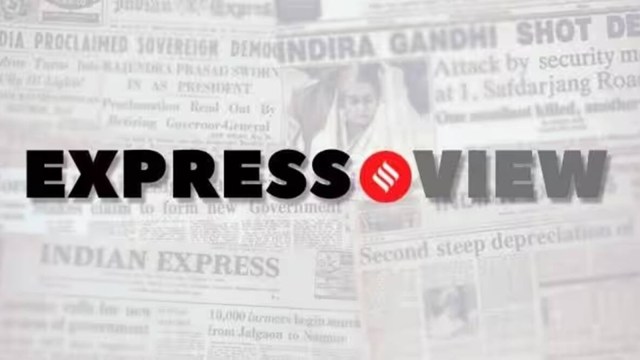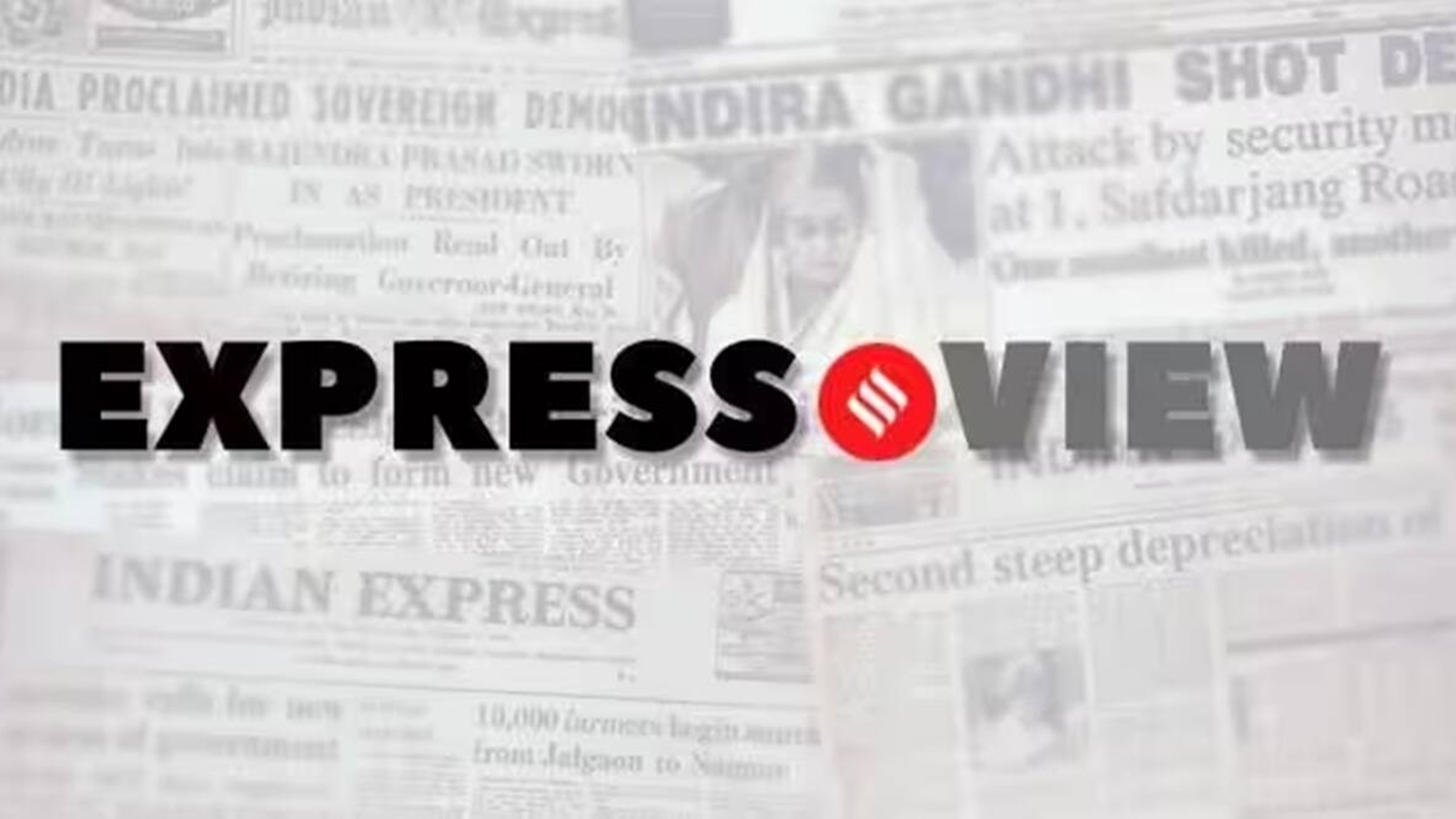
New Delhi’s gradual move from its Cold War-era principle of non-alignment to the more pragmatic multi-alignment could well have hit a wall in 2022. The war in Ukraine sharpened the renewed great power rivalries and India had significant partnerships with both sides — the traditional relationship with Russia on the one hand, and deepening ties with the US on the other. Two and a half years later, Prime Minister Narendra Modi’s first visit to Russia since the conflict began shows that New Delhi is getting more adept on the diplomatic tightrope: While the visit saw warmth between PM Modi and Russian President Vladimir Putin and a slew of announcements on trade, technology and the defence partnership, India also chided Moscow as it made a stronger pitch for peace. However, the vexed challenges of multi-alignment, of balancing competing and sometimes contradictory interests, remain. Two formulations by PM Modi during the visit are symptomatic of the complexity that India must navigate.
Reacting to the alleged bombing by Russia of a children’s hospital in Kyiv, he said that such an incident was “painful” and “peace talks do not succeed amid bombs, guns and bullets”. The joint statement “noted with appreciation relevant proposals of mediation and good offices aimed at peaceful resolution of the conflict in accordance with international law and on the basis of the UN Charter in its entirety and totality”. These statements mark a sharpening of the PM’s earlier formulation that “this is not an era of war”, first made in 2022 and echoed in the G20 New Delhi Declaration. At the same time, they leave room for India to play the role of a bridge between Russia and the West. Calling Russia an “all-weather friend” is aimed at ensuring that Delhi and Moscow can carry forward their engagement despite the looming China factor and India’s deep and growing ties with the US and Europe. The Ukraine war has isolated Russia from the West and its economic stability owes much to Beijing’s backing. Given India’s long-standing dispute with China over its aggression on the border and its need for Russian oil and arms, including spare parts and maintenance for pre-existing inventory, in the medium term, it is essential that the supply chains from Moscow are maintained.
Of course, Delhi’s balancing act is growing more demanding in a polarised world. The current scenario is volatile, what happens in the US election later this year has significant ramifications — to what extent will the new White House reshape the dynamic with Europe and China? That’s why the way forward for India is to continue to engage with all partners — bilaterally and in minilaterals like the Quad, I2U2 and Shanghai Cooperation Organisation — based on its economic and strategic interests. If a partnership with the US, Japan and Australia is necessary to keep China in check in the Indo-Pacific, the relationship with Russia is needed for energy security and defence. Doing business with a growing India is in the interest of all sides.


